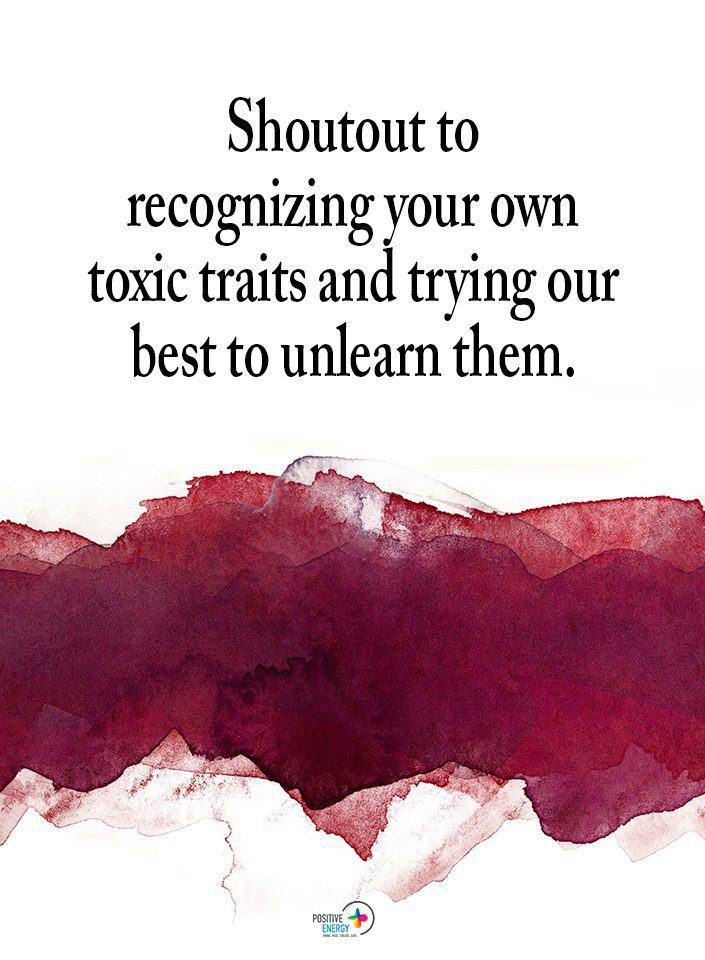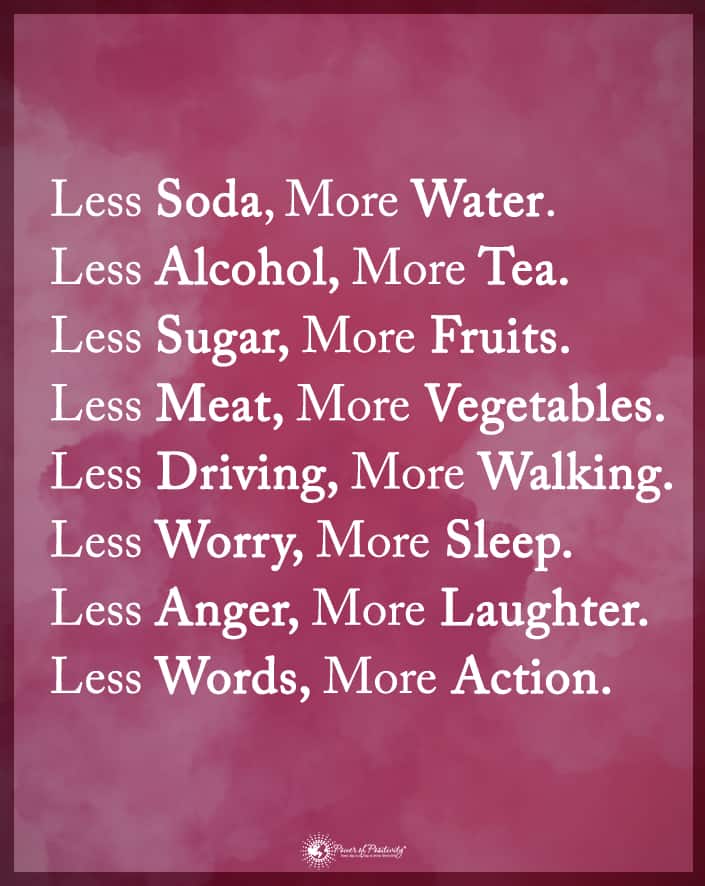Your level of independence marks each stage of life. As a child, you learned to dress yourself and perform other skills your parents taught. Your education, skills, and ability to work independently were crucial to your job success.
While working well on your own is a desirable quality, it must be kept in proper perspective. Being too independent can be just as harmful as being too dependent. It can create a destructive mindset that affects all aspects of your life.
Past Trauma Connection and Toxic Independence
Some people are just naturally more independent than others. However, others may develop an extreme independent mindset because of past trauma. It becomes a coping mechanism against a repeat offense.
Consider those who grew up in unstable and abusive homes. They may have learned that they couldn’t depend on their parents from an early age. So, it was up to them to fend for themselves for food and other necessities.
It stands to reason that such traumatic events would make these strong people more prone to be ultra-independent. Even though they’re adults and their life is stable, they still have the loner mentality. They took care of themselves in the past, and they don’t need anybody now.
Another factor to consider is those recovering from a toxic and abusive relationship. If you can relate, you may still be lingering in the pain of the past. You build psychological walls to protect yourself from further abusive relationships as a survival response.
What Are the Traits That Reveal Toxic Independence?
An overly independent person may seem cold, distant, and even harsh on the surface. Their instance of caring for themselves can come across as selfish and arrogant. Yet, they are often afraid to allow you into their confidence for fear of hurt and rejection.
If you’re this person, you may be hiding incredible pain and vulnerability under your iron façade. You may overcompensate by doing everything on your own and pushing away others. If this mindset persists, you may develop issues that affect your entire well-being.
Ten Behaviors that Reveal Toxic Independence
How can you tell if you are independent enough to be healthy but still be a team player? If your loner confidence isn’t contributing to a meaningful and joyful life, it may be hurting you. Here are ten behaviors that may reveal that you’re too dependent on yourself.
1. You Have Great Difficulty Asking for Help
Perhaps you’ve depended on your abilities so long that asking for help seems like a fault. Strong people may accidentally snap at folks who even offer to give you a hand. When you’re incredibly independent, such a kind offer may seem like a slap to your ego.
2. You Prefer to Do Everything Yourself if You Struggle With Toxic Independence
If you struggle with hyper independence, friends and family may have stopped offering their assistance. They probably realize that it does no good and only aggravates you. Your motto may be that you must do things yourself if you want something done right.
A study explores the link between independence and self-esteem. Like many people, you get much satisfaction in doing things independently. While this can be a positive link, being overly independent can have adverse effects.
3. You Decide Everything Yourself
Making wise decisions about your life is part of healthy independence. It’s a significant sign of maturity that makes most parents proud. However, even strong people need some sage advice now and then.
If you are hyper-independent, you rarely ask for opinions and decide for yourself. You figure that nobody but you knows what’s best for your life. Some of your choices and decisions might have had a better outcome if you had asked for experienced counsel.
4. Delegating Tasks isn’t Your Thing
Whether at home or work, toxic independent folks have difficulty sharing responsibility. If this is you, notice how your anxiety peeks if you delegate tasks. When you are forced to share the workload, you probably micromanage everyone so much until you take over what they’re doing.
It’s not that you think everyone around you isn’t competent. You’ve grown so accustomed to bearing the entire burden that you’re afraid to share it. So, you’re overworked, and some of the projects could have deficiencies.
5. You Proudly Claim to be a Workaholic
It’s admirable to have an impeccable work ethic, and others know that you’re able and dependable. But if you have toxic independence, you may take your role too far. When your work and leisure time are unbalanced, all aspects of your life pay the price.
Maybe you can relate to a toxic independent fellow named Bob. Since he was a teenager, Bob worked in construction and auto mechanics. Although he regrets not finishing high school, he has a brilliant mind and worked his way up as a master diesel mechanic.
While he provided for his family over the years, his most significant source of pride was his workaholism. Over the years, he worked countless extra unpaid hours and used it for bragging rights. He was an excellent mechanic, and his favorite line was that he did it all himself.
They not only use workaholism as a measure of worth for themselves but also for everyone else. His conversations were peppered with self-adulations and a call for attention. In his eyes, nobody could do the job like him, and he was proud to show his humility.
After decades of overextending his body, Bob was forced into early retirement. His relationship with his family has always been strained because work came first. Now, he’s disabled and battles deep depression because his independent work always represents his self-worth.

6. You’re an Intensely Private Person
There’s a difference between being a private person and a recluse. Everyone deserves to relax in the peace and solitude of their own home. Also, many people are introverts and flourish with ample time alone.
Hyper independence often keeps people at arms’ length from others. You have your way of doing things and crave space. You may have difficulty with self-disclosure for fear of someone judging you unfairly.
7. You Dislike People You Consider Too Needy
Toxic independence does little to foster empathy for other people. Perhaps you conclude that if you can do it yourself, everyone else should. Consequently, you might equate people who ask for help as lazy and too needy.
On the other hand, you may jump to their rescue if it fulfills your need to be noticed as a strong person. Those who are too independent are prone to judge less competent people harshly. Soon, you may develop the attitude of blaming others for unfortunate circumstances beyond their control.
8. Toxic Independence Comes With a History of Personal Relationship Problems
According to one article, love and belonging are basic human needs. Even having a few past relationships that didn’t work out is better than none. Unfortunately, some broken and toxic relationships can create hyper-independence.
Have you walked from an abusive relationship and vowed never to fall in love again? Harboring pain from the past may keep you from enjoying a beautiful new relationship. Your fierce individualism can often sabotage your future happiness with someone.
You meet a delightful person at a party and immediately turn to ice and rebuff their sincere compliments. You may be sarcastic because you think they’re trying to control you. Later, you regret it because you didn’t give this person a chance.
9. You Often Take on Too Much Responsibility
People who are too independent habit of taking on more than they can handle. It’s part of the connection between their accomplishments and self-worth. Maybe it’s why you’re chronically exhausted and never have time for anything else.
At some point, you’re human, and you’ll make mistakes. That’s especially inevitable when you refuse to let others help. You take any flaws in the task as a personal indictment and take on even more jobs.
This negative whirlpool may also lead to toxic behaviors like shifting blame. If everyone had left you alone, there would’ve been no mistakes. You might blame personal shortcomings on others and shun their help even more.
10. You’re an Extreme Perfectionist and Self-Critical
Another red flag of hyper independence is extreme perfectionism. Unless you can complete a project to perfection, you won’t do it. The consequence is that you may often have a stack of projects that are left unfinished.
Perfectionism isn’t based on reality and will only result in perpetual disappointment. You may notice that you’re overly critical and demanding of yourself. It becomes a vicious cycle that only increases your anxiety and refusal of help.

Final Thoughts on Behaviors of Toxic Independence
You’ve earned the right to be proud of your abilities and achievements. These are tools that help you work efficiently on your own at home and work. Remember that there’s no shame in asking for help when needed.





















